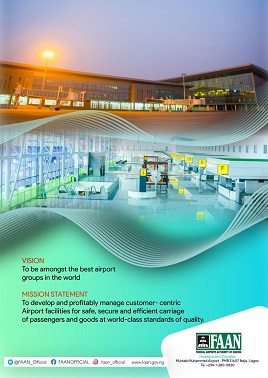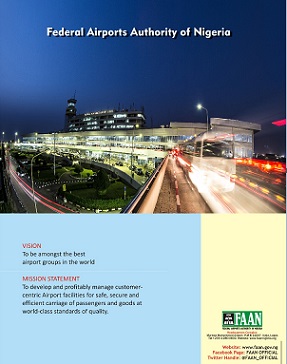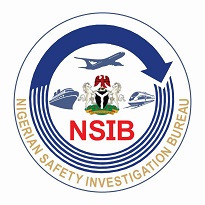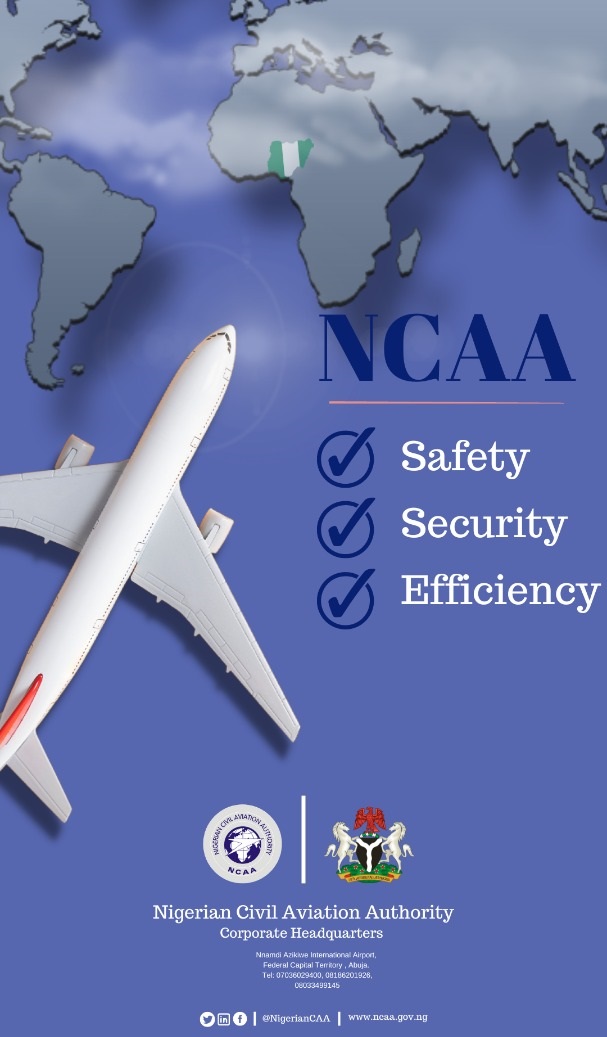
Director General of Nigeria Civil Aviation Authority (NCAA)
The Nigeria Civil Aviation Authority (NCAA) has advised Pilots and Airline Operators to exercise caution over hazardous weather in dry season.
A statement signed by the Director General of NCAA Capt Musa Nuhu said the warning came on the heels of a release by the Nigerian Meteorological Agency (NiMET) on weather alerting the public on the possibility of deterioration in visibility as a result of observed dust haze propagated into the country from the source region.
According to the NiMet release, “Winds over 10m and 925hPha are favorable for Dust-Haze propagations into the Northern parts of Nigeria. Stations in the source region, Niger (Goure, Zinder, Maine-Soroa, Diffa, N-Guigmi and 61091 and horizontal visibility between 800m and 6000m.
These sources from Chad are expected to report poor horizontal visibility in the next 24 hours based on available models” the release reads.
Due to strong winds, the dust in suspension is expected to propagate to some states in the northern part of the country, which will further reduce horizontal visibility especially over Katsina, Kano, Nguru, Jigawa, Potiskum and Maiduguri in the next 24hours.
This information is intended to alert pilots about nature of weather associated with dry season in Nigeria ranging from light/moderate to severe dust haze and sometimes early morning fog which can sometimes reduce the horizontal visibility to below the aerodrome operating minima.
Therefore, members of the general public are to take necessary precaution during this time in the planning of their trips so as not to encounter unnecessary flight delays.
Enumerated below are effects of this hazardous weather on flight operations:
a.) Air-to-ground visibility reduction due to haze dust or fog;
b.) Aerodrome visibility may fall below the prescribed operating minima and in severe conditions, dust haze can blot out runways, markers and airfield lightings over wide areas making visuals navigation extremely difficult or impossible; and
c.) Flights are bound to be delayed, diverted or cancelled where terminal visibility falls below the prescribed aerodrome operating minima.
In view of the above, all Pilots, Operators and Air Traffic Controllers are obliged to abide by these safety requirements:
i.) Closure of the airspace by Air Traffic Controllers when any of these conditions in (3) are observed or forecast by NIMET;
ii.) Strict adherence to published aerodrome weather minima by Flight Crews/Operators and Air Traffic Controllers (ATC);
iii.) Pilots/Flight Crew Members shall obtain adequate departure, en-route and destination weather information and briefing from NIMET Aerodrome Meteorological Offices and Stations prior to flight operations and exercise maximum restraint whenever an adverse weather is observed; and
iv.) Operators shall ensure that all necessary measures are put in place to cushion the effects of delay or cancellations on their passengers.
While the Authority urges all passengers to exercise patience and understanding during this period as their safety is of utmost importance, Airline operators and stakeholders are also advised to avail themselves of weather reports for effective planning in their operations as violations would be viewed seriously.








